Science
How Did Life Rebound on Earth? The Answer Lies Within the Rocks
23 February 2026
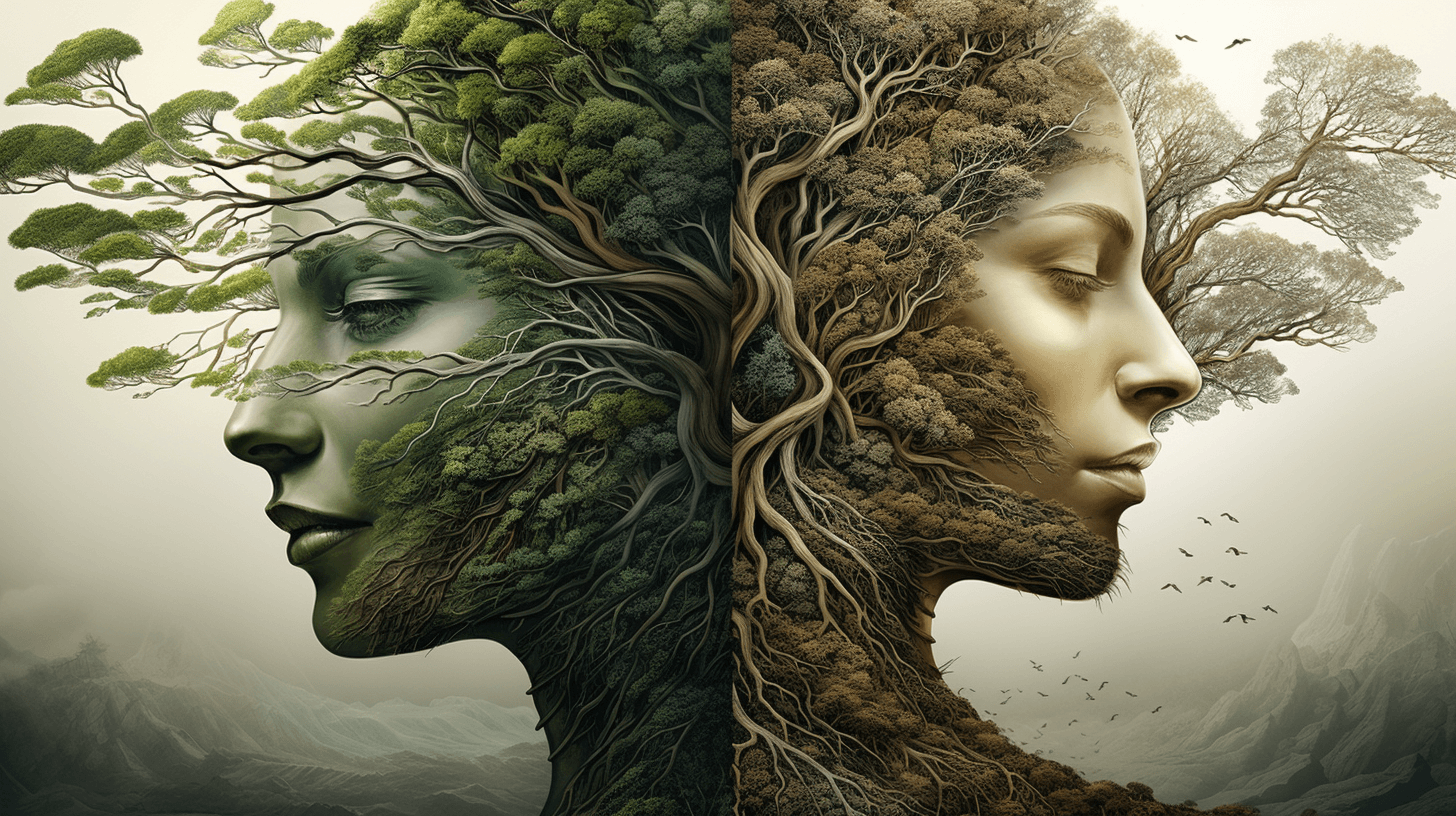
In today’s fast-paced world, we find ourselves constantly rushing towards success and the next set of goals. More often than not, this pursuit takes the form of competition and rivalry with others who share our ambitions. Our paths inevitably cross, leading to conflict. With the modern world’s capabilities and advancements, we often find ourselves wanting more as we are capable of achieving more.
Civilization and technology continually offer new possibilities, sparking new desires. However, does this relentless pursuit truly bring us happiness? Perhaps it is time to pause, to step away from the constant scrambling for success. Maybe it is time to seek solace in nature’s embrace, to feel and experience being in harmony with the natural world. As Albert Einstein (1879‒1955) once said, ‘Look deep, deep into nature, and then you will understand everything better.’
The English philosopher and social theorist Thomas Hobbes (1588–1679) famously depicted the dynamics that drive human behavior in society in his seminal work ‘Leviathan’, coining the term ‘Bellum omnium contra omnes’, or the war of all against all. He viewed this state of being as not only primal and natural to humans, but also as unending. In his perspective, an inherent drive for self-advantage propels individuals into constant conflict and competition with one another for any conceivable benefit. This pursuit of self-interest, he believed, is our instinctive and fundamental mechanism for survival. Hobbes developed his theories in the 17th century, informed by his observations and experiences of his time. However, examining contemporary human behavior, it appears that little has changed. Many may protest this notion, arguing that since Hobbes’s era, we have undergone significant cultural and moral evolution, establishing and codifying successive moral codes and deepening our understanding of human nature. This may be true, yet human nature itself remains fundamentally unchanged. The forces that once drove us continue to drive us today. Civilization’s advancement and the accumulation of knowledge about the human condition have not necessarily enhanced the quality of our existence. We remain governed by primal instincts, only now, however, do they present themselves with a veneer of ‘civilization.’
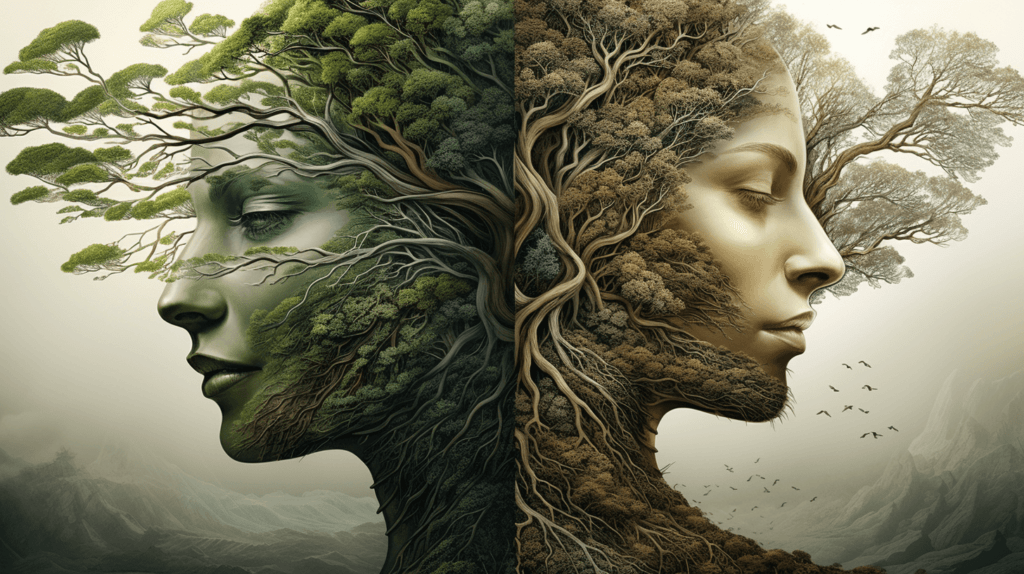
It could be argued that the progress of civilization, science, technology, and knowledge might actually be intensifying the state of perpetual conflict among all individuals. As our experiences, skills, and knowledge expand, so too do our expectations and desires, further fueling competition and rivalry. The more we can achieve, the more we desire. Younger generations can hardly fathom that their grandparents lived in a world without the internet, smartphones, and social media—and were content. They did not need the allure of virtual reality games; simple outdoor amusements such as a carpet hanger in the backyard sufficed. Instead of all-inclusive vacations, a tent by a lake was enough. One of the earliest thinkers to articulate such observations was Enlightenment philosopher Jean-Jacques Rousseau (1712–1778). He attributed humanity’s persistent dissatisfaction and perpetual unfulfillment to the development of society, civilization, and the subsequent expansion of knowledge. Rousseau argued that the perpetual conflict with others—breeding feelings of jealousy, envy, and greed—stemmed from the evolution of the state and the citizen. In this context, individuals find fodder for their escalating desires, needs, and aspirations. Competing with others only heightens our expectations and fuels boundless ambition. So where might we find solace?
Contrary to Hobbes, Rousseau championed a return to an original state of nature where, he believed, humans were unconditionally free and in harmony with the world’s natural order. Central to this state, he argued, was self-love (French: amour de soi), which guided individuals to meet their needs, but only those essential ones. Before the emergence of states, the establishment of early communities, and the subsequent institution of property rights and other regulatory mechanisms, humans were content. In this primal state, humanity was oriented towards peace. Each individual drew only what nature freely provided. This fostered a sense of equality with nature, and by extension, with each other. Conflict and rivalry were absent; people existed peacefully and harmoniously with the world. They found happiness in satisfying the basic necessities of life.
From today’s modern perspective, Rousseau’s vision might strike many as excessively idealistic or even naïve. Nonetheless, it merits contemplation, as even a glimpse of truth in his utopian perspective could hold valuable insights for contemporary society. What is Rousseau genuinely advocating for? He urges a return to the state of nature, a restoration of our original connection with nature and life in harmony with its rules. This often necessitates a rejection of civilization’s mechanisms and technology. Aristotle (384-322 BC) contended that nature does nothing without purpose. Yet, in the 21st century, how often do we engage in superfluous and unneeded activities? To what extent can we momentarily distance ourselves from our relentless chase for success and advancement? Can we find respite in nature’s harmony, or have we been wholly swallowed by civilization? Enlightenment thinkers were not the only ones to observe this frailty in humanity. American philosopher Henry David Thoreau (1817–1862), channeling Rousseau’s sentiment, wrote: ‘When I would recreate myself, I seek the darkest wood, the thickest and most impenetrable swamp: behold the strength, the quintessence of Nature… the huge, wild, terrible mother of us all, Nature.’
At roughly the same time, Hamlin Garland (1860‒1940), another American author and Pulitzer Prize winner, also championed the idea of finding solace through contact with nature. He once remarked, ‘Whenever the pressure of our complex city life thins my blood and numbs my brain, I seek relief on the trail; and when I hear the coyote wailing to the yellow dawn, my cares fall from me — I am happy.’ These voices serve as a reminder to modern society that it is possible to shield ourselves from the relentless forces of civilization and the increasing technologization of the contemporary world. While these advancements bring considerable progress and development, they simultaneously erode our innate connection to the primal world from which we emerged. The natural world and the ability, however fleeting or incomplete, to return to it and immerse ourselves in it, can help us recover what we so often lose. Indian author Amit Ray (born 1960) observed: ‘Looking at the beauty of nature is the first step to purify the mind.’ May these words serve as a guiding light as we seek respite during a summer vacation free from laptops and beyond the reach of cell phones.
Sources:
Thomas Hobbes, Leviathan, Warsaw 1954
Jean-Jacques Rousseau, Confessions, Warsaw 2021
Henry David Thoreau, Life Without Principle and Other Essays, Warsaw 1983
Amit Ray, Meditation: Insights and Inspirations, 2010
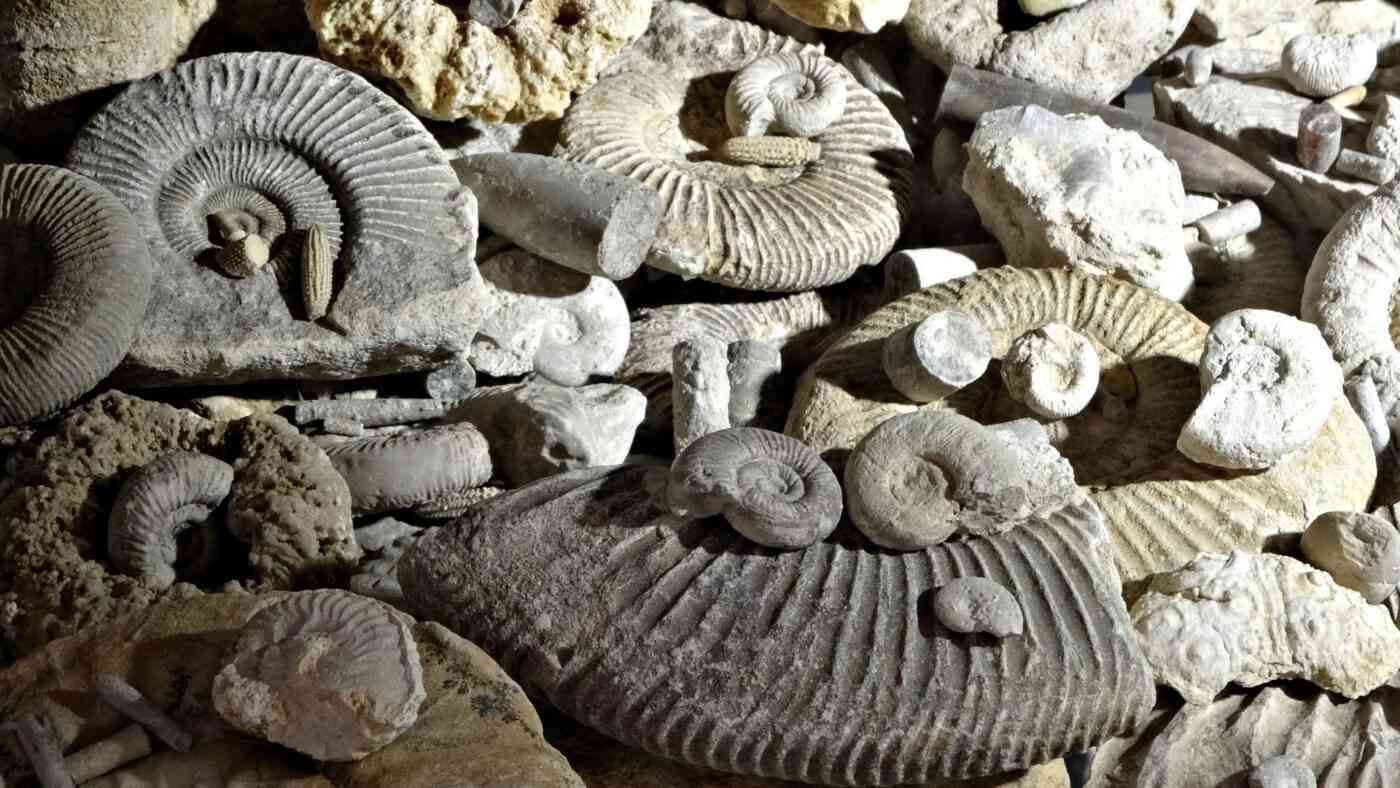
Science
22 February 2026
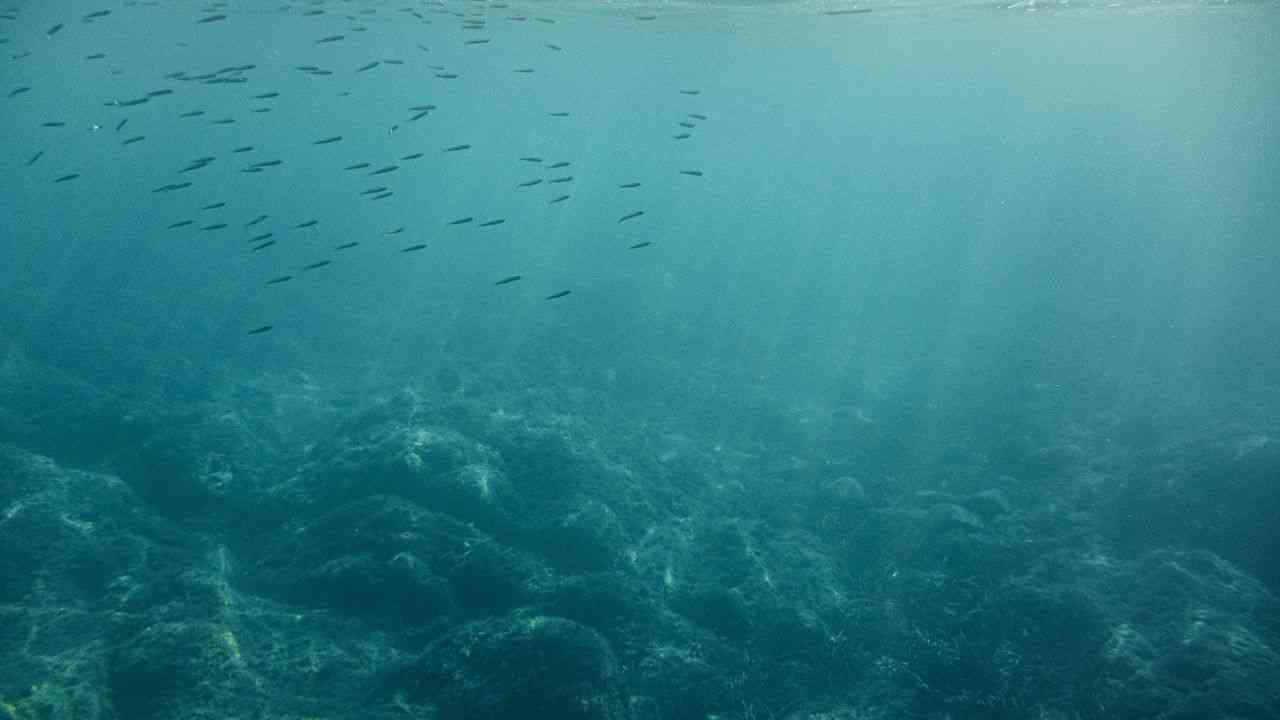
Humanism
22 February 2026
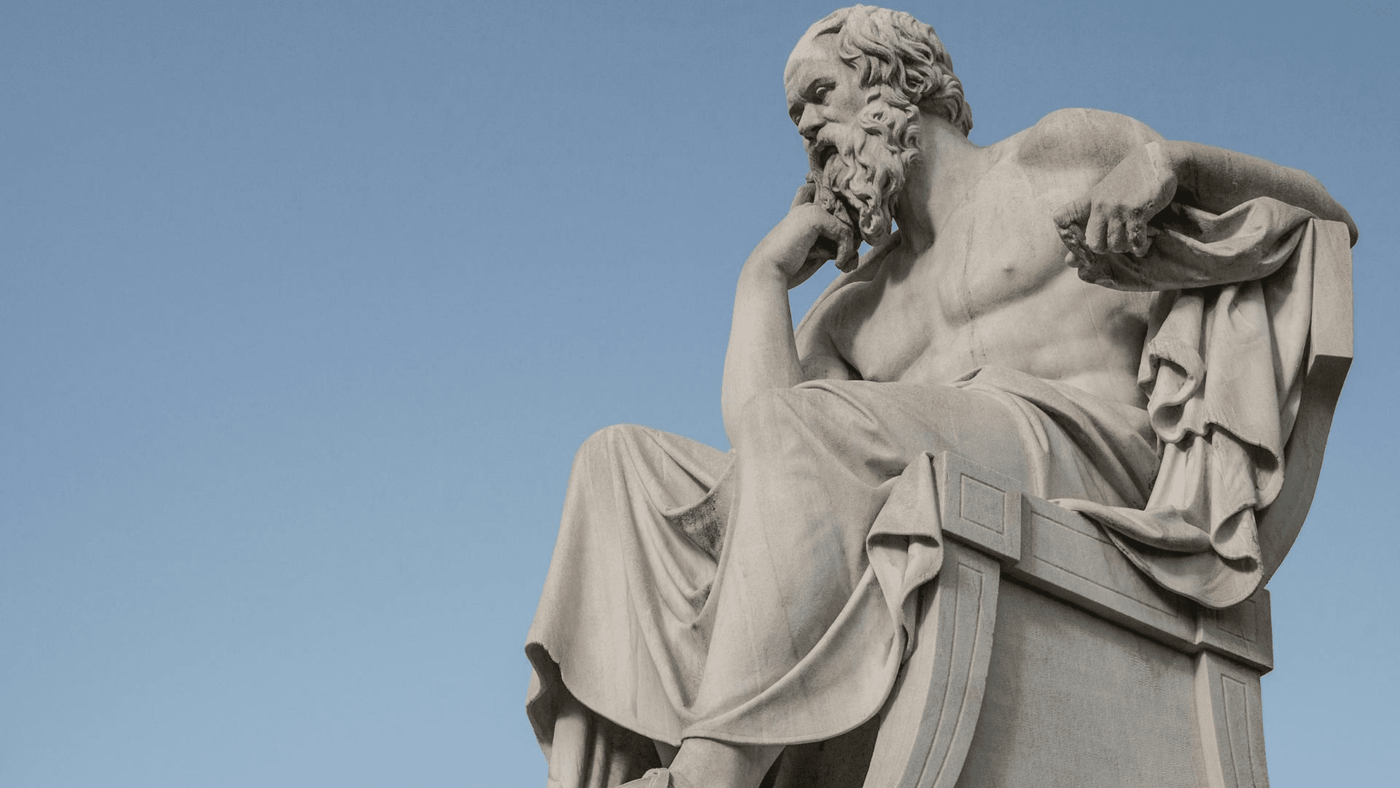
Zmień tryb na ciemny